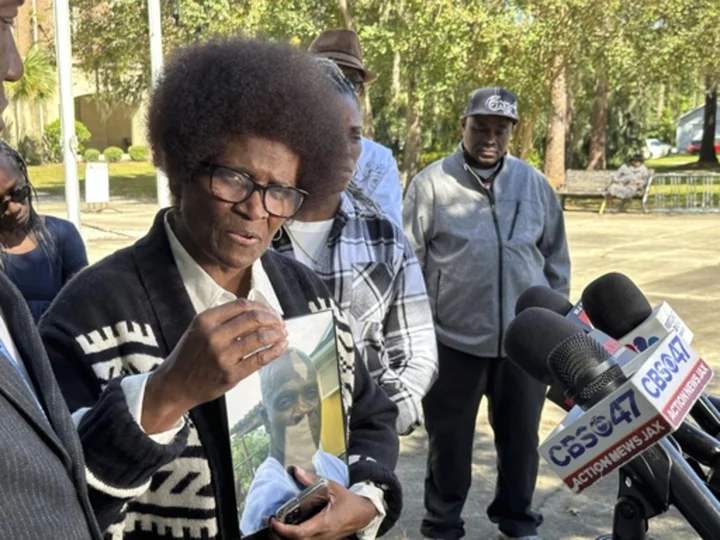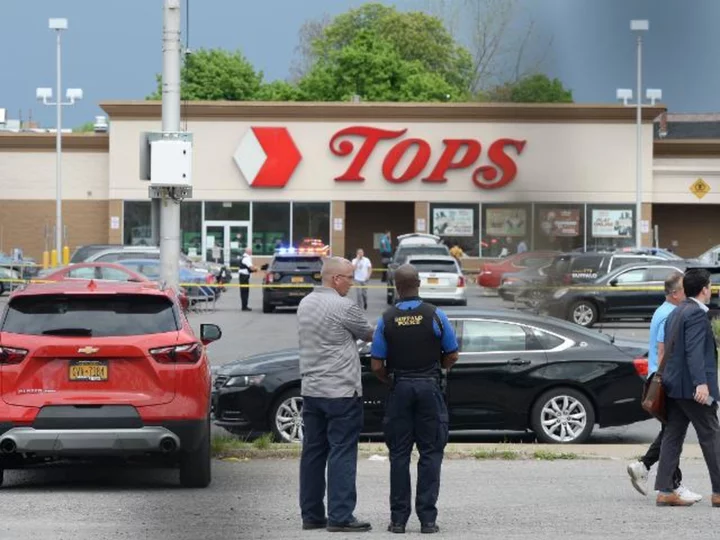Roving groups of young people broke into retail stores in Philadelphia and grabbed merchandise in the early hours on Thursday, as a beefed-up police presence failed to bring a halt to a looting spree that began the previous night.
The two-night rampage, which resulted in dozens of arrests on Tuesday and Wednesday, targeted an auto dealership, an Apple electronics store, liquor stores and other retailers. The break-ins prompted all state-run liquor stores in the city to close indefinitely on Wednesday, according to local news reports.
The thefts continued on a smaller scale early on Thursday morning, with only six people arrested for eight new incidents of looting, according to the Philadelphia police department.
Philadelphia's looting spree comes amid a nationwide surge in organized retail crime, compounding the financial losses that big box U.S. retailers are experiencing as a result of weakening consumer demand, according to the National Retail Federation (NRF) trade group.
Philadelphia Mayor Jim Kenney called the looting "a sickening display of opportunistic criminal activity" in a post on X, formerly Twitter, on Wednesday.
The city's interim Police Commissioner John Stanford said in a post on X on Wednesday afternoon that 52 people had been arrested the first night, and two guns recovered.
One of the individuals arrested on Tuesday night, Dayjia Blackwell, was "live and broadcasting on social media what stores and what locations to loot," according to the police record of her arrest.
Blackwell carried on until two officers caught her at a gas station and brought her in to be charged with causing or risking a catastrophe, criminal mischief, and rioting, among other charges, the record said.
Posts circulating on social media appeared to show some of the looters trying to destroy the Apple merchandise they stole after it began emitting alarms, a standard form of anti-theft protection.
In the past week, Target (TGT.N) said it would close nine stores in New York City, Seattle, Portland, San Francisco and Oakland, effective Oct. 21, citing rising theft and threats to the security of its employees and customers.
(Reporting by Julia Harte; Editing by Bill Berkrot)









